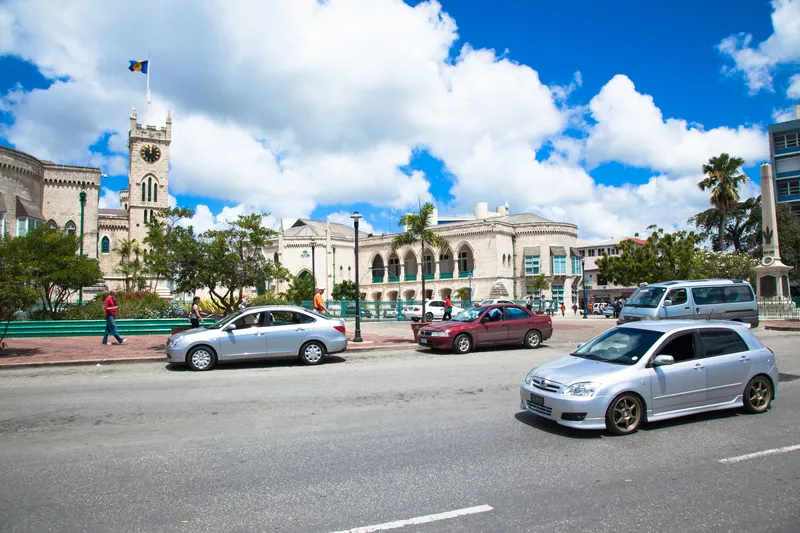Health, education and infrastructure have received more than US$2.9 billion (AU$4 billion) in the 2016-17 budget released by the Northern Territory Government in Australia.
Transport Minister Peter Chandler said “infrastructure is a high priority for the Northern Territory Government and roads, in particular, are of great importance to business, industry and the community in the Northern Territory.
A total of AU$1.7 billion has been allocated to infrastructure with US$425.85 million (AU$589.6 million)
May 27, 2016
Read time: 2 mins
Health, education and infrastructure have received more than US$2.9 billion (AU$4 billion) in the 2016-17 budget released by the Northern Territory Government in Australia.
Transport Minister Peter Chandler said “infrastructure is a high priority for the Northern Territory Government and roads, in particular, are of great importance to business, industry and the community in the Northern Territory.
A total of AU$1.7 billion has been allocated to infrastructure with US$425.85 million (AU$589.6 million) to be invested in roads and transport, including US$358million (AU$495.9 million) for capital works, US$7 million (AU$10 million) to continue the Regional Economic Infrastructure Fund Grants and US$1.6 million (AU$2.25 million) for infrastructure related expenses to plan for the future transport needs.
A total of US$14 million (AU$19.4 million) has been allocated to new investment in transport, with US$10 million (AU $14.2 million) to be spent on capital works and US$3.7 million (AU$5.2 million) on minor new works.
Chandler continued, “We all know that without reliable roads, efficient ports, good rail services and effective logistics infrastructure, we cannot sustain business activity, attract new investment, or expand our industries – all essential for growing the Territory’s economy.”
Transport Minister Peter Chandler said “infrastructure is a high priority for the Northern Territory Government and roads, in particular, are of great importance to business, industry and the community in the Northern Territory.
A total of AU$1.7 billion has been allocated to infrastructure with US$425.85 million (AU$589.6 million) to be invested in roads and transport, including US$358million (AU$495.9 million) for capital works, US$7 million (AU$10 million) to continue the Regional Economic Infrastructure Fund Grants and US$1.6 million (AU$2.25 million) for infrastructure related expenses to plan for the future transport needs.
A total of US$14 million (AU$19.4 million) has been allocated to new investment in transport, with US$10 million (AU $14.2 million) to be spent on capital works and US$3.7 million (AU$5.2 million) on minor new works.
Chandler continued, “We all know that without reliable roads, efficient ports, good rail services and effective logistics infrastructure, we cannot sustain business activity, attract new investment, or expand our industries – all essential for growing the Territory’s economy.”








